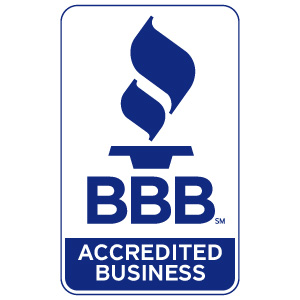Written by Joshua Stancil
For this week’s Mission Minute, I chatted with Shannon O’Donnell, who serves as the Catholic Chaplain at King County Jail in downtown Seattle, Washington. When we spoke, she had just finished a video visit with an inmate.

Shannon O’Donnell
Q: Tell me how the video visits work. Is this in response to COVID?
Shannon: Yes. The jail has a kind of kiosk with a phone and screen. The inmate has to stand because there’s no place to sit, but we can see each other and talk. The inmate I was talking to before you called is so happy – he just got moved out of isolation. There was concern that he’d contracted COVID but thankfully it turned out that he hadn’t. He was moved out of isolation and into an area that has books.
Q: How long are you able to visit with an inmate?
Shannon: Twenty-five minutes. The inmate has to submit a request, and then the visit is scheduled.
Q: How did you get started in prison ministry?
Shannon: A man named Kevin. He was the diocese Detention Ministry head and a member of my parish. For seven years I’d worked for the parish but was taking a year off. In early 1999 I’d wanted to get busy again and was about to write a letter to the local Catholic high school to see if there was an opening when I bumped into Kevin at the Easter Vigil Mass and asked, “Do you have any jobs available?” He said there was a chaplain job down in Shelton. He’d been driving there on Sunday mornings to do services for the men, so if I would take the job, he could have his Sunday mornings back. (laughs)
Q: And you immediately took to it?
Shannon: I loved it. It was the best combination of what I’d loved about teaching and doing church work.
Q: How long were you there before moving to your current position?
Shannon: I spent 11 years at Shelton and have spent the last 10 years at King County Jail.
Q: Do you have any heroes in prison ministry? People you look up to?
Shannon: Sr. Helen Prejean, Fr. Joe Kramis, and many of the volunteers I’ve seen who come to listen to the inmates and not to force something on them. Change in someone has to be organic and develop from within. It can’t be imposed from the outside.
Q: Has prison ministry changed you in any way?
Shannon: I’ve learned over time that “prison ministry” includes much more than ministering only to inmates. Even the officers need pastoral counseling. And I’ve been tasked with notifying inmates of family deaths, which of course is a terribly difficult circumstance, but one that has allowed me to develop relationships with family members and help them as best I can.
Q: How did you hear about Dismas Ministry?
Shannon: I honestly don’t remember the first time I first heard of them, but somewhere along the way I did, and was very excited because the resources are wonderful.
Q: Any events stand out in your memory?
Shannon: We held a special “Night of the Arts”, in which inmates shared their talents: their writing, their music, their drawings. I invited members of an outside writers’ group to attend the event and was curious what their responses would be. After the event, the writers’ group and I met for dinner at a nearby restaurant. During the conversation, one of the members, Shirley, revealed that she’d originally not planned to attend the event. “My son was murdered 20 years ago,” she said. “I hated the man who did it and anyone like him. Anyone locked up. After tonight, though, I’m glad I went and saw real people sharing their gifts. I’d go back in a heartbeat.” The event had changed her. It always helps to encounter people as individuals and not as faceless groups.



